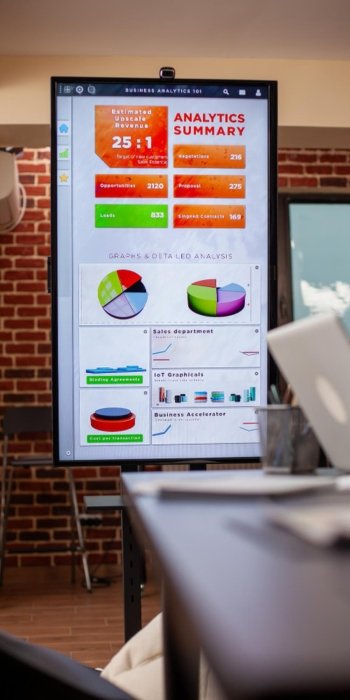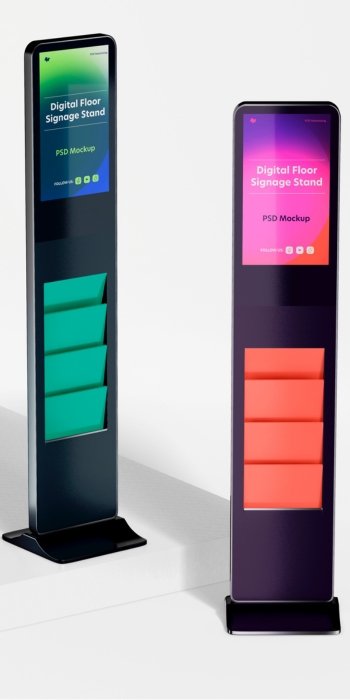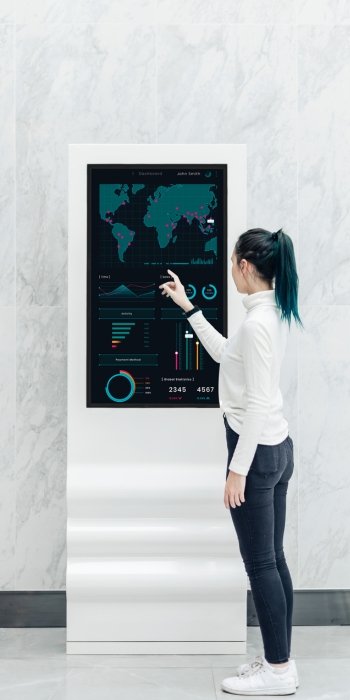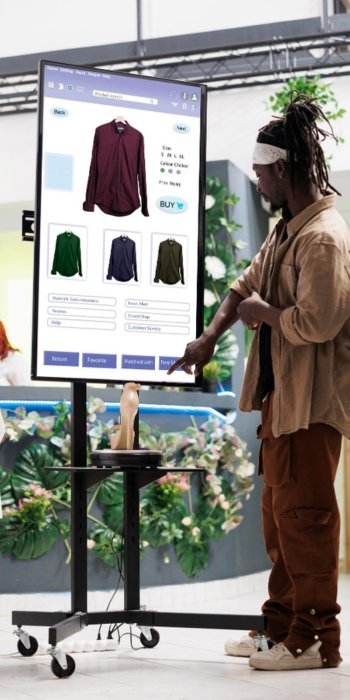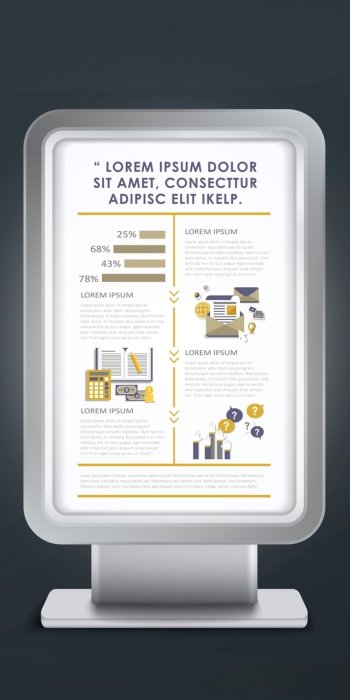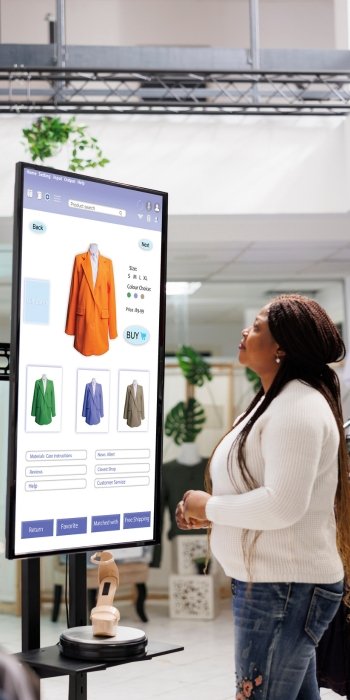 Loading Please Wait...
Loading Please Wait... Loading Please Wait...
Loading Please Wait...Boosting customer interaction and experience with cutting-edge, intuitive interactive kiosks.
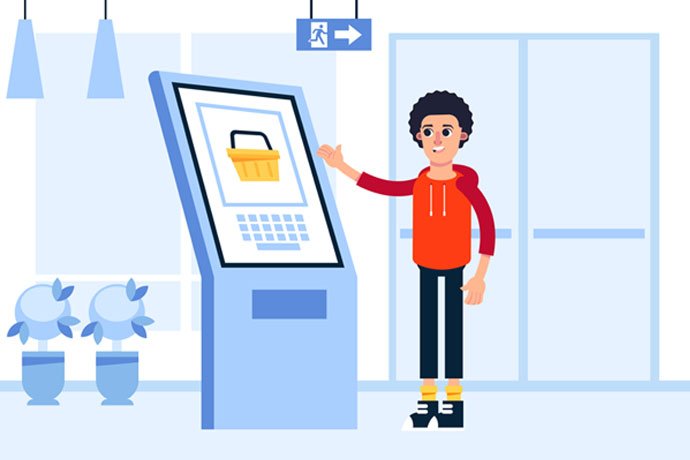
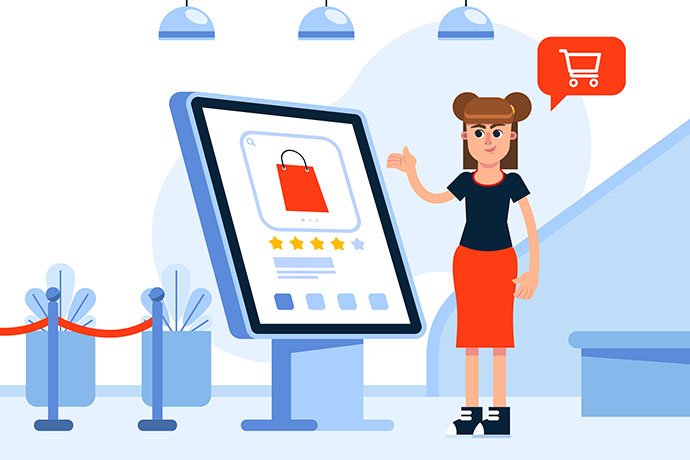
Interactive kiosks are self-service terminals that allow users to engage with digital content in a user-friendly and intuitive way. These kiosks are widely used across various industries, including retail, healthcare, hospitality, and transportation, offering services such as information access, ticketing, ordering, and payments.
Interactive kiosks are self-service terminals that allow users to engage with digital content in a user-friendly and intuitive way. These kiosks are widely used across various industries, including retail, healthcare, hospitality, and transportation, offering services such as information access, ticketing, ordering, and payments.
Smart Self-Service Solutions for Modern Businesses
An interactive kiosk is a self-service device with a touchscreen interface that allows users to interact with digital content, services, or systems without the need for staff assistance.
They are used for ticketing, check-ins, payments, information directories, surveys, wayfinding, product browsing, and more—commonly found in malls, hospitals, airports, and stores.
Retail, healthcare, hospitality, transportation, banking, education, government services, and entertainment industries all benefit from kiosk solutions.
Yes, kiosks can be fully customized in terms of hardware, software, branding, and functionality to meet specific operational requirements.
Common types include self-service kiosks, wayfinding kiosks, ticketing kiosks, check-in kiosks, information kiosks, and interactive digital signage.
Yes, many kiosks are equipped with secure payment systems, including credit/debit card readers, mobile payments (NFC), QR scanners, and cash acceptors.
Yes, modern kiosks use encryption, secure networks, and tamper-proof hardware to protect user data and transaction information.
Absolutely. Kiosks can be integrated with POS systems, CRMs, databases, and APIs to provide seamless connectivity and real-time data access.
Yes, ADA-compliant kiosks include features like height-adjusted screens, audio guidance, braille keypads, and other accessibility options.
Most kiosks operate best with an internet connection for real-time data sync, but some can operate offline and update data when reconnected.
Kiosks are managed remotely through cloud-based platforms, allowing software updates, content changes, and monitoring without physical access.
Deployment time depends on the complexity and customization level but typically ranges from 2 to 8 weeks for standard installations.
Streamlining user interaction with dynamic, easy-to-navigate screens on interactive kiosks.
